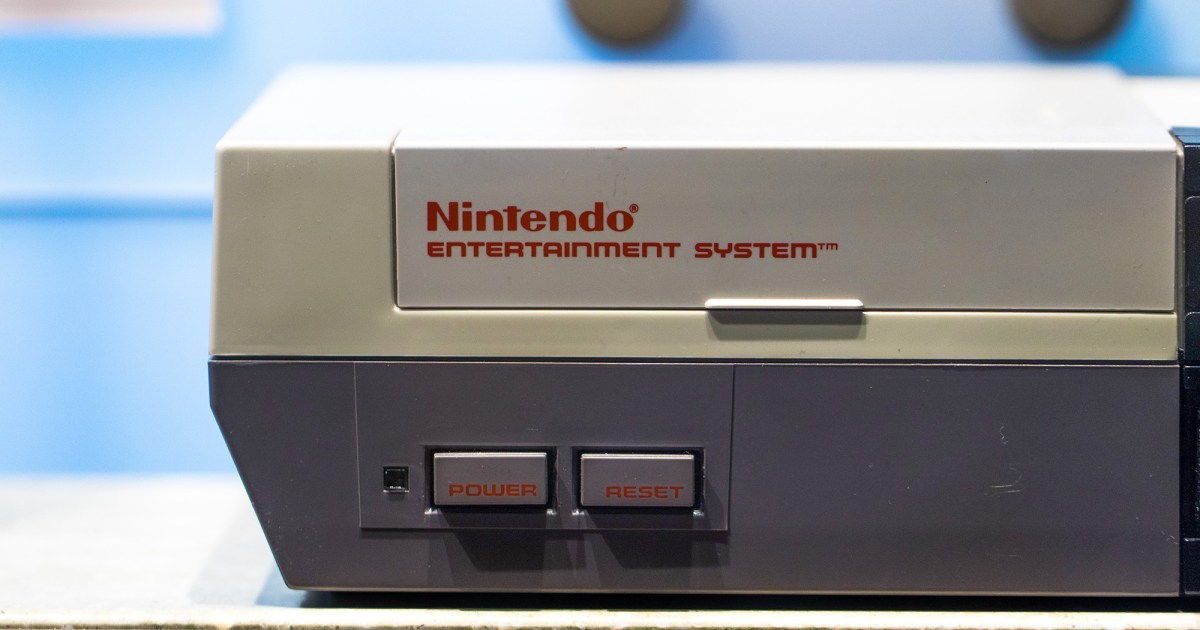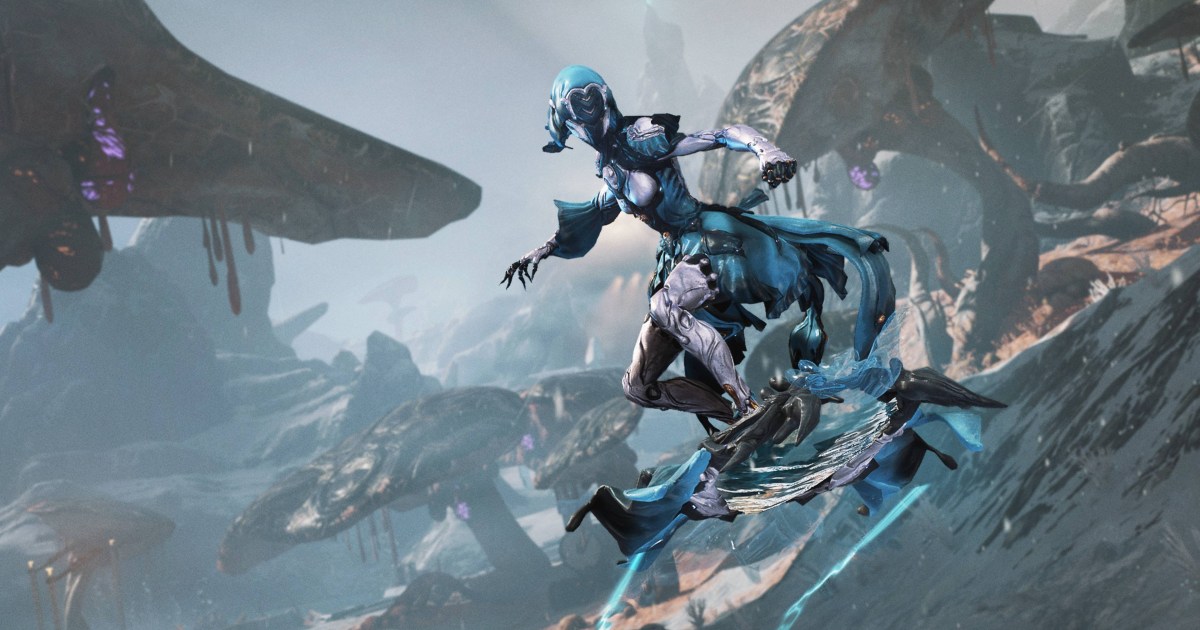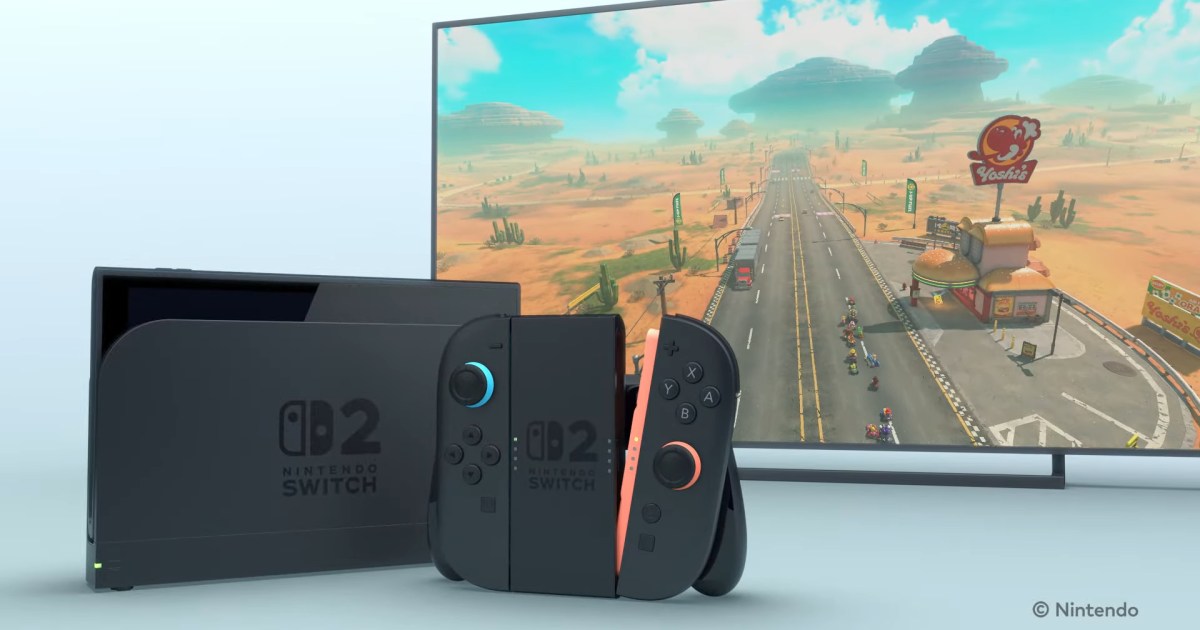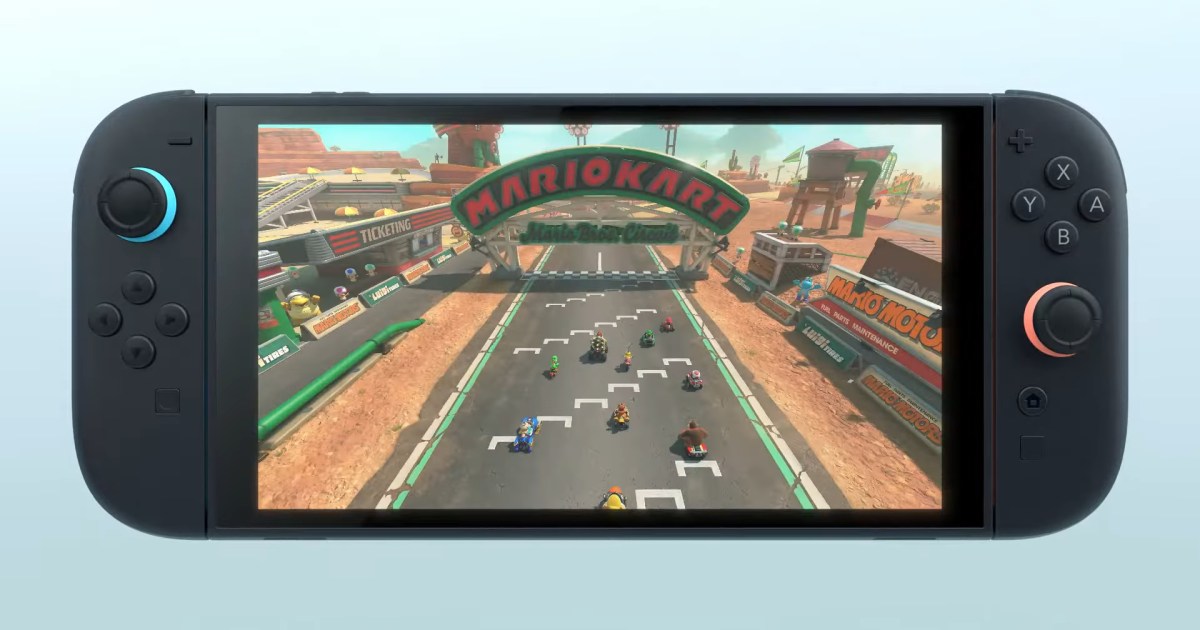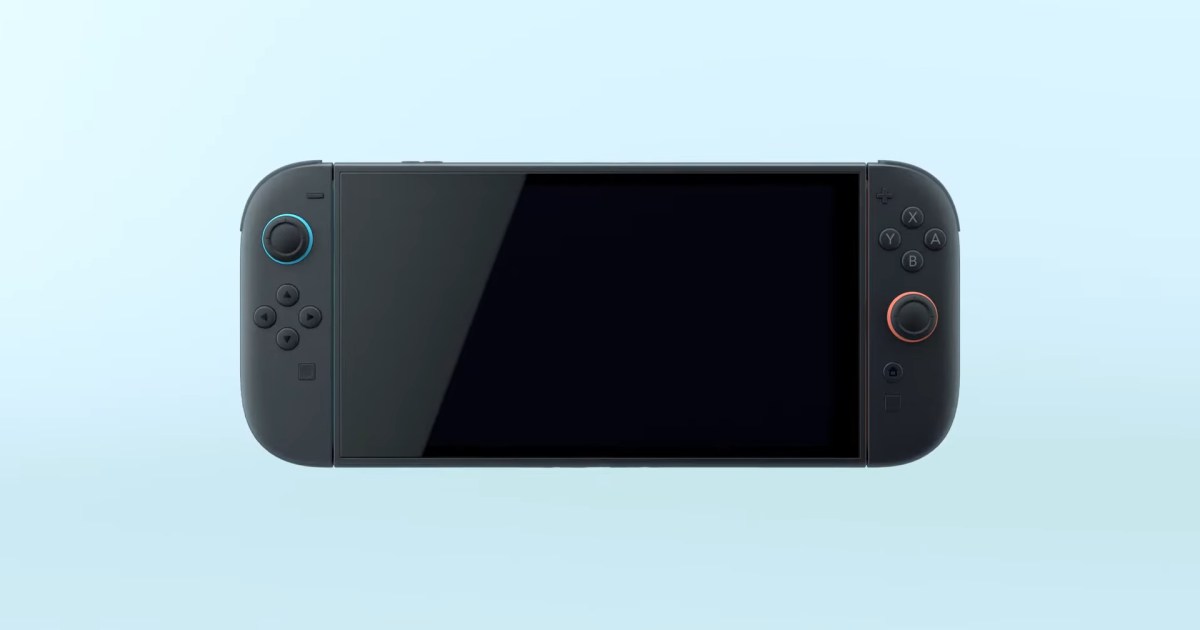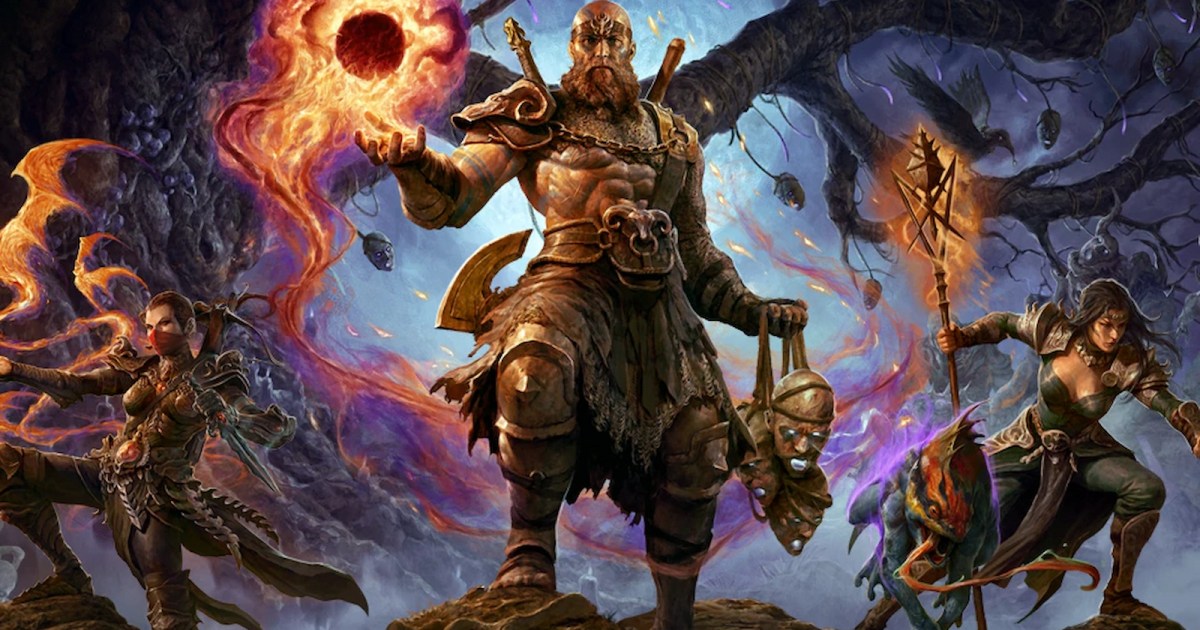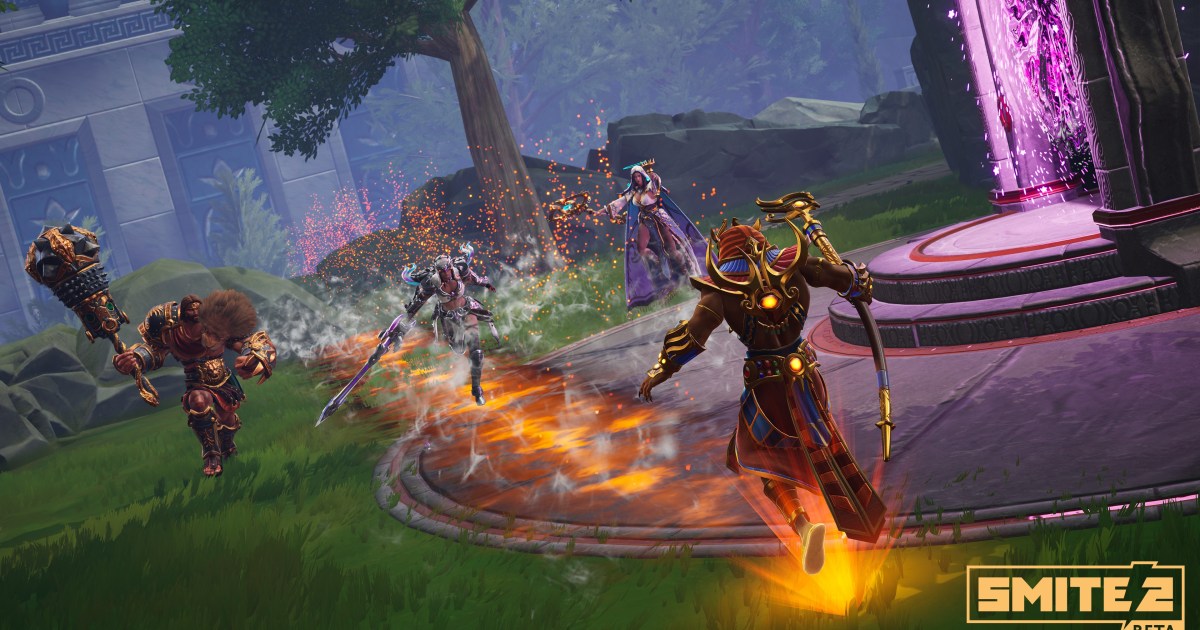What defines a truly great video game console? It’s a complex question. While analyzing a video game as a communicative artwork is relatively straightforward, consoles are different. They’re the hardware that brings those experiences to life. In today’s gaming landscape, consoles are becoming increasingly similar, boasting comparable features and shared game libraries. So, what truly sets one apart? Is it the controller’s design? A few exceptional exclusive titles? Or something more?
Ranking consoles might seem trivial, but it forces us to contemplate these questions. To create this definitive list, we’ve examined decades of gaming hardware, identifying the qualities that make certain consoles resonate with us long after their release. This list isn’t just a ranking; it’s a celebration of gaming’s evolution and the consoles that shaped its history.
10. Nintendo GameCube
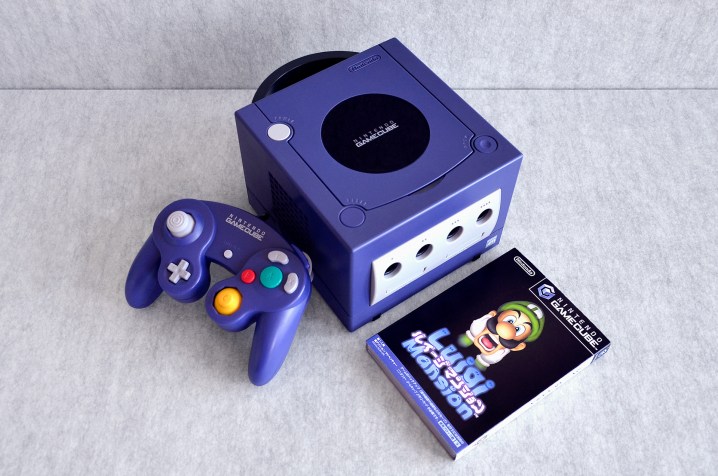
While any ranking sparks debate, placing the GameCube above the Nintendo 64 or Wii might be controversial. Commercially, it’s one of Nintendo’s least successful consoles, lacking the widespread recognition of its predecessors and successors. However, its exceptional game library justifies its inclusion. While the Wii relied heavily on motion controls, and many N64 classics haven’t aged well, the GameCube’s top titles remain timeless. Metroid Prime, The Legend of Zelda: The Wind Waker, and Paper Mario: The Thousand-Year Door are just a few examples of its forward-thinking game design.
The GameCube era showcased Nintendo’s innovative spirit, from unique franchises like Pikmin to the ingenious addition of a handle to the console itself. Its distinctive indigo cube design stands out against the generic black or white aesthetics of many modern consoles. The GameCube may be an underdog, but that’s part of its enduring charm.
9. Sega Dreamcast
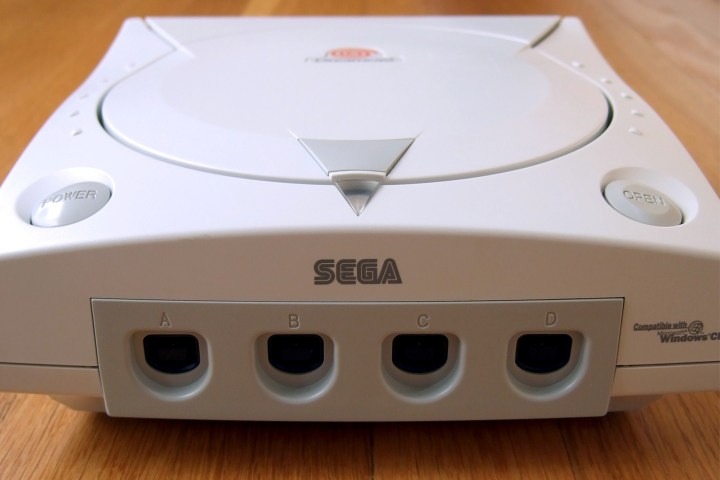
The Dreamcast, Sega’s final console, was ahead of its time, pioneering online console gaming. While it ultimately marked the end of Sega’s hardware ambitions, its impact on gaming history is undeniable. Despite struggling against the PlayStation 2, the Dreamcast boasts a remarkably diverse library, including Sonic Adventure 2, SoulCalibur, Jet Set Radio, Crazy Taxi, Power Stone, Virtua Tennis, and Skies of Arcadia. This eclectic mix contrasts sharply with the homogenous action-adventure titles dominating modern consoles. Sega prioritized diverse experiences over mass appeal, a strategy that, while perhaps contributing to its downfall, makes the Dreamcast fondly remembered.
8. Nintendo Entertainment System (NES)
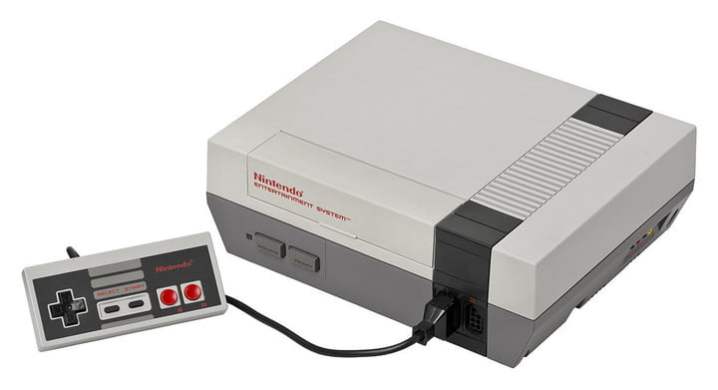
The NES transcends its historical significance; it remains a fantastic console even today. The tactile experience of loading cartridges adds to its charm. The NES launched iconic Nintendo franchises, from The Legend of Zelda to Kirby. Beyond Nintendo’s contributions, third-party support enriched the NES library with classics like Final Fantasy, Castlevania, and Mega Man. While some titles may feel dated, the NES laid the foundation for modern gaming, often exceeding the achievements of its successors.
7. PlayStation 4
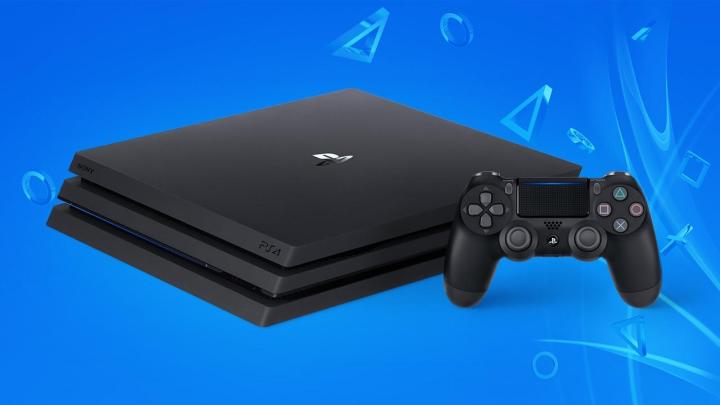
Following the challenging PlayStation 3 era, Sony needed a win. The PS4 delivered, perfecting the home console experience. Its intuitive UI and refined controller represented decades of iteration, solidifying Sony’s industry leadership. This hardware excellence was complemented by a stellar game library. Titles like Uncharted 4: A Thief’s End, God of War, Horizon Zero Dawn, and Marvel’s Spider-Man established a new standard for narrative-driven action-adventure games. Combined with strong third-party support, the PS4 created immense anticipation for the PS5.
6. Sega Genesis
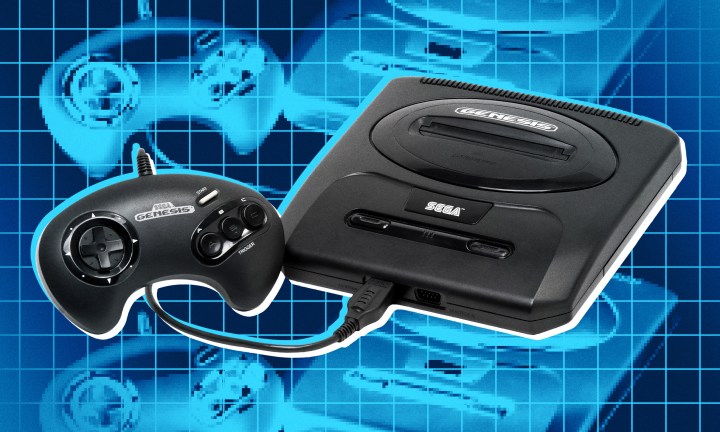
The Sega Genesis exemplifies how competition fuels innovation. To challenge Nintendo, Sega created a powerful 16-bit console capable of faster, more vibrant games. Sonic the Hedgehog served as a powerful demonstration of its capabilities. Sega cultivated a distinct “cool” and edgy persona, contrasting with Nintendo’s family-friendly image. Titles like Earthworm Jim and Mortal Kombat reinforced this identity. While arguably contributing to the divisive “console wars,” this distinct personality makes the Genesis unforgettable.
5. Xbox 360
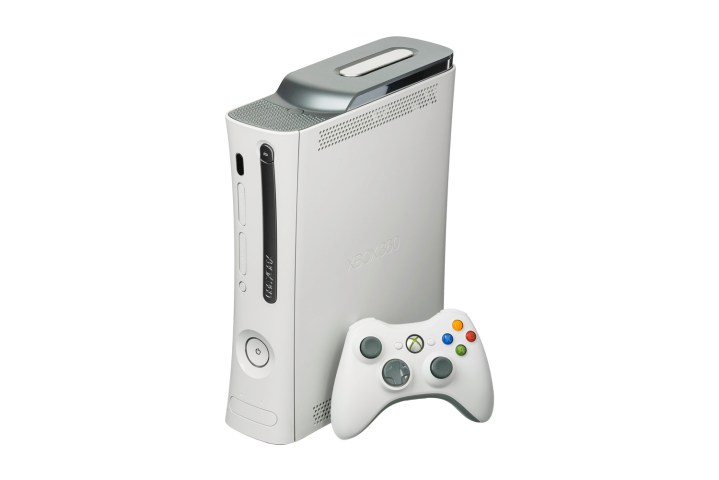
The Xbox 360 stands out as Microsoft’s most culturally impactful console. Learning from its predecessor’s shortcomings, Microsoft focused on online play. Halo 3 and Call of Duty 4: Modern Warfare blurred the lines between console and PC gaming, making the Xbox 360 a social gaming hub. Beyond specific titles, Xbox Live Arcade revolutionized game distribution, ushering in an indie game renaissance on consoles. Titles like Braid and Spelunky transformed the gaming landscape, paving the way for creative and experimental indie development.
4. Atari 2600
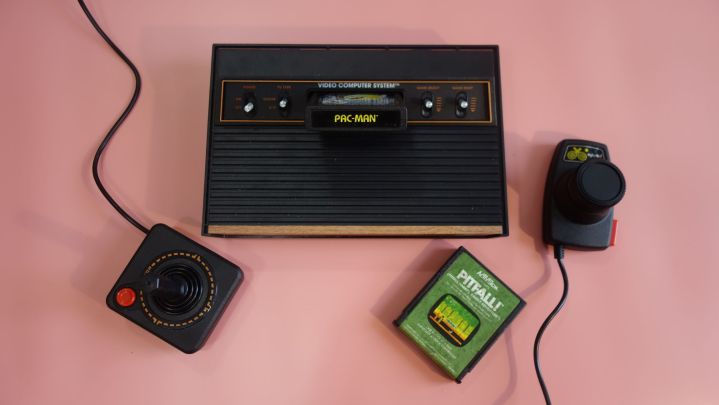
The Atari 2600’s enduring appeal might be difficult to grasp for those who didn’t experience it firsthand. Despite its rudimentary appearance, its tactile joystick controls and elegantly designed games create a unique magic. Titles like Pong and Pitfall demonstrate the power of intuitive design and timeless gameplay. The Atari 2600 remains a testament to the enduring power of simple, well-crafted games.
3. Nintendo Switch
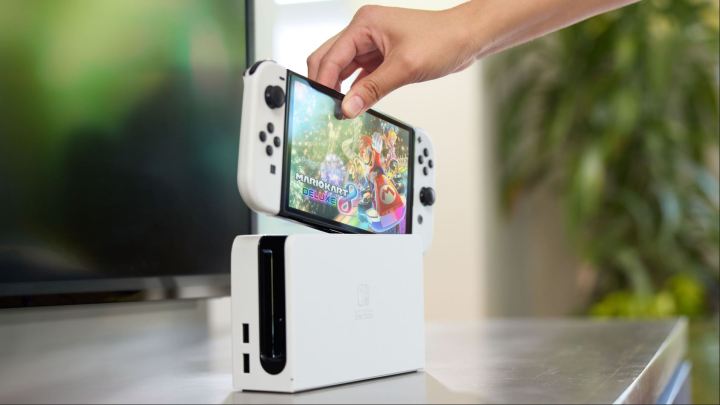
The Nintendo Switch’s innovative hybrid design, merging home and portable gaming, has transformed the hardware landscape. Its impressive library of first-party exclusives and extensive third-party support make it a versatile gaming platform. While its power may lag behind competitors, its form factor remains a triumph. The Switch’s long-term legacy remains to be seen, but its impact is undeniable.
2. PlayStation 2
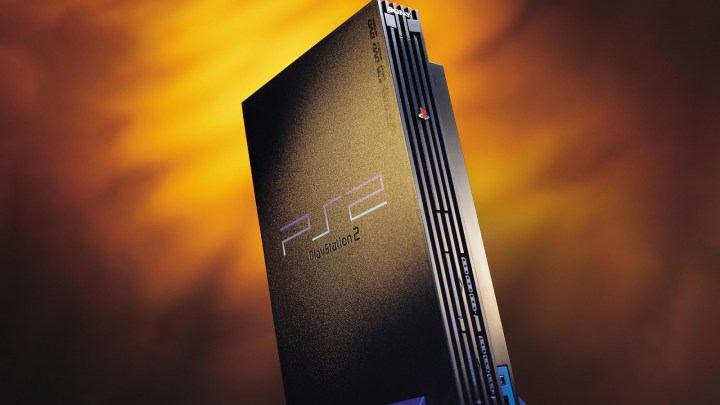
The PlayStation 2’s remarkable success stems not from flashy innovation but from perfecting the core console experience. Its sleek design, iconic controller, and extensive game library established a blueprint for future consoles. Its impact extends beyond Sony’s own franchises, with third-party titles like Silent Hill 2, Shadow of the Colossus, and Metal Gear Solid 3: Snake Eater becoming all-time classics. The PS2 became the benchmark against which all other consoles were measured.
1. Super Nintendo Entertainment System (SNES)
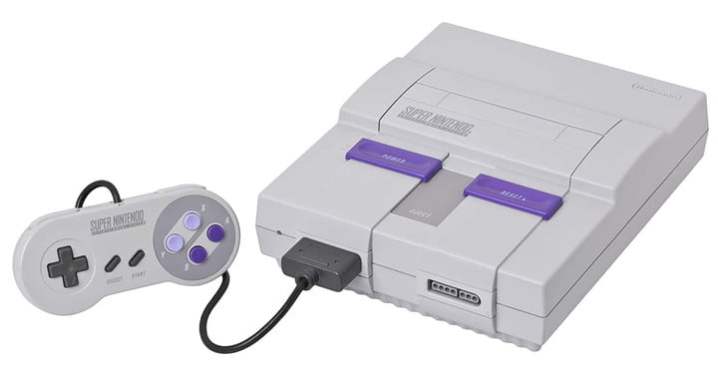
“Timeless” is the word that best describes the Super Nintendo. Building on the NES’s foundation, the SNES’s 16-bit power and exceptional game library make it a truly enduring console. Titles like Super Metroid, Chrono Trigger, and Super Mario World continue to captivate players decades later. The SNES demonstrates that graphical advancements aren’t essential for creating truly remarkable gaming experiences. Its creativity and enduring gameplay solidify its place as a gaming pinnacle.



